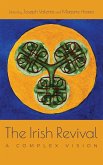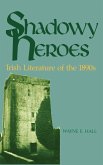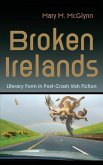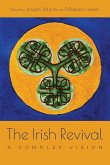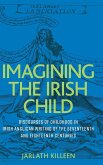Some of the most iconic, hard-boiled Irish detectives in fiction insist that they are not detectives at all. Hailing from a region with a cultural history of mistrust in the criminal justice system, Irish crime writers resist many of the stereotypical devices of the genre. These writers have adroitly carved out their own individual narratives to weave firsthand perspectives of history, politics, violence, and changes in the economic and social climate together with characters who have richly detailed experiences. Recognizing this achievement among Irish crime writers, Babbar shines a light on how Irish noir has established a new approach to a longstanding genre. Beginning with Ken Bruen's Jack Taylor, who rejects the detective title in favor of "finder"-a reference to Saint Anthony of Padua in the context of a traditionally secular form-Babbar examines the ways Irish authors, including John Connolly, Tana French, Alex Barclay, Adrian McKinty, Brian McGilloway, Claire McGowan, Gerard Brennan, Stuart Neville, Steve Cavanagh, and Eoin McNamee, subvert convention to reclaim their stories from a number of powerful influences: Revivalism, genre snobbery, cultural literary standards, and colonialism. These writers assert their heritage while also assuming a vital role in creating a broader vision of justice.



